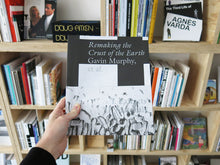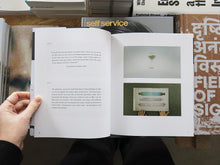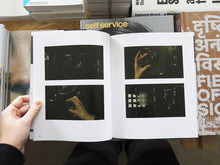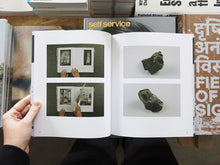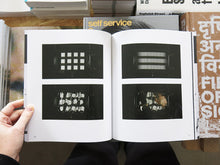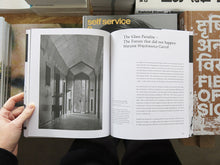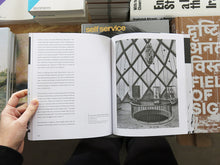
Idealism and imagination, dreams and reality, all come into play when we consider glass: from an elemental, ritual and decorative material of mysterious origins, to functional, technological, mass-produced commodity.
Remaking the Crust of the Earth presents a layered, intertextual, cultural history which examines the ways in which glass has transformed society – how humans situate themselves within the environment, and how we view the world. Through the unlikely accident of its discovery to its present day ubiquity, it considers glass in its myriad guises: from the modular prefabrication of Joseph Paxton’s ‘Crystal Palace’ to the optimism of Paul Scheerbart’s Glasarchitektur, both of which in their own way lay a path for modernism, the curtain wall, and the 20th century ‘glass house’. Traversing time and space, this book draws on archival material (and in particular the encyclopaedic 1937 publication ‘Glass in Architecture and Decoration’ by Raymond McGrath & A.C. Frost) to explore previous and unfulfilled stages of material history, revealing alternatives which belie an ‘inevitable’ contemporary (and its futures).
The publication features excerpts from the film Remaking the Crust of the Earth, a series of restaged photographic glass tests conducted by Gavin Murphy and Louis Haugh, and new essays by Marysia Wieckiewicz-Carroll and Chris Fite-Wassilak, alongside reproductions from the Raymond McGrath collection in the Irish Architectural Archive.
56 pages, 20.7 x 24.9 cm, softcover, Set Margins (Eindhoven).






